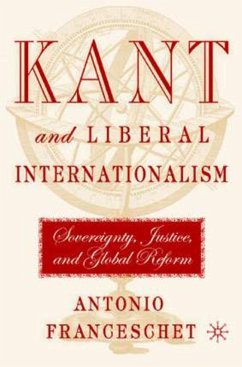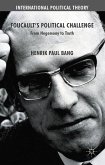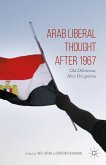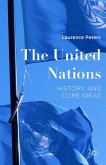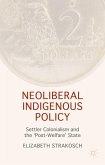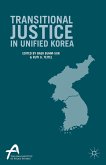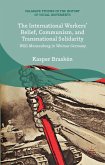This close examination of Kant's writings shows him to be both a conservative partisan of the international status quo of sovereign states and yet also the inspiration for radical, global reform for democracy and universal rights. The focus on Kant's concept of justice provides insight into the contemporary evolution of liberal internationalism, connecting Kant's legacy to the post-Cold War policy agenda and the moral dilemmas that currently confront political leaders and the societies they represent. Franceschet forces a reconsideration of Kant and a broadening of concern from democratic peace to cosmopolitan justice.
Hinweis: Dieser Artikel kann nur an eine deutsche Lieferadresse ausgeliefert werden.
Hinweis: Dieser Artikel kann nur an eine deutsche Lieferadresse ausgeliefert werden.
'This is an historically rich and politically sophisticated study of liberal internationalism and Kant's relevance to contemporary problems of global governance. It focuses directly on the most important problems of democratic theory in a globalizing world.' - Craig N. Murphy, Wellesley College
'A perceptive work of high quality that understands that the core of Kant's
preoccupation is with freedom, not simply as a reaction against tyranny but
in contradistinction with the deterministic laws of nature. Fair and
thorough, this book will be of interest to all those interested in the
intersection of philosophy, law, and international relations.' Fernando R. Tesón, Arizona State University
'...this short, stimulating book deserves a wide readership' - Chris Brown, International Affairs
'A perceptive work of high quality that understands that the core of Kant's
preoccupation is with freedom, not simply as a reaction against tyranny but
in contradistinction with the deterministic laws of nature. Fair and
thorough, this book will be of interest to all those interested in the
intersection of philosophy, law, and international relations.' Fernando R. Tesón, Arizona State University
'...this short, stimulating book deserves a wide readership' - Chris Brown, International Affairs

